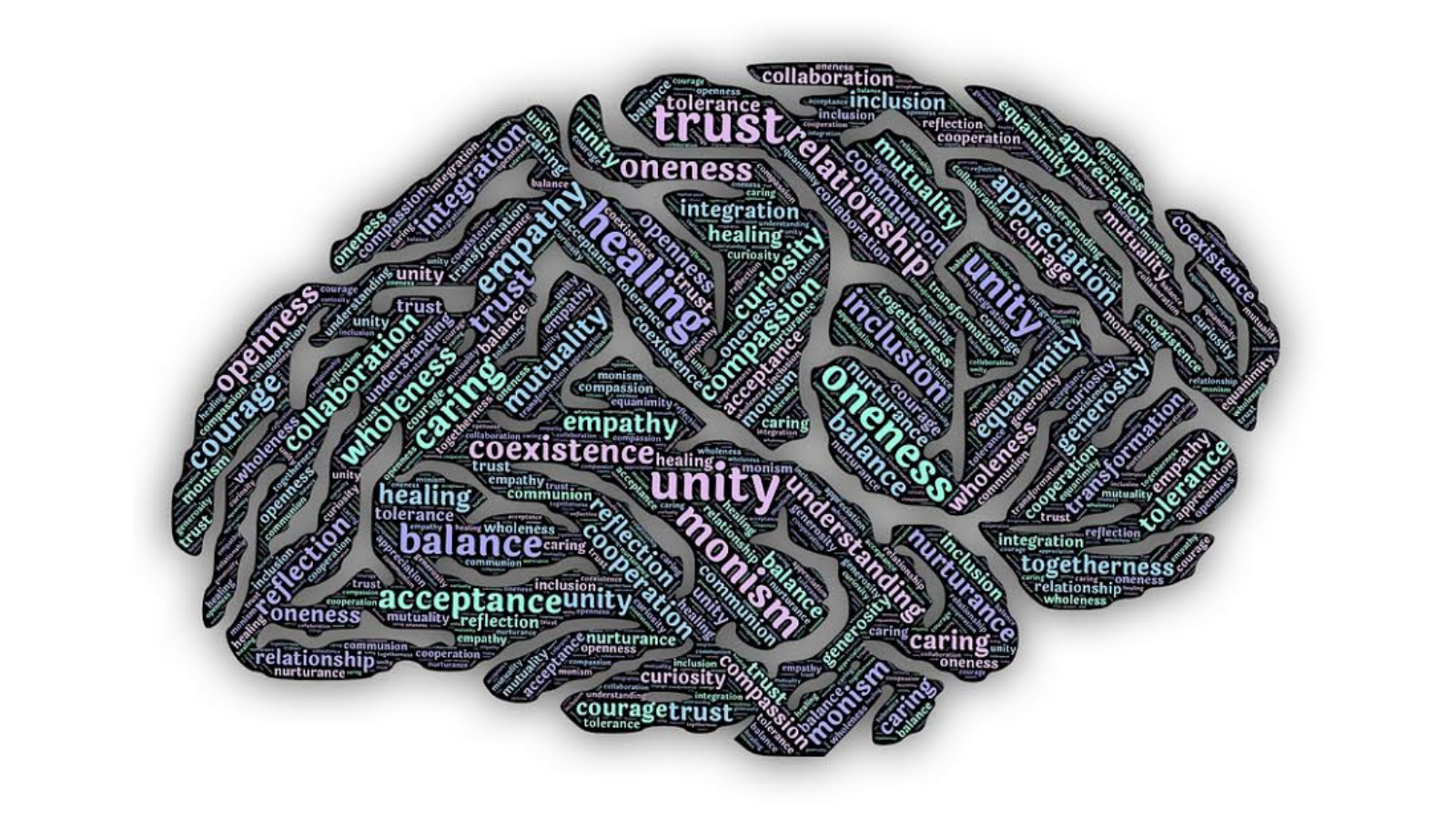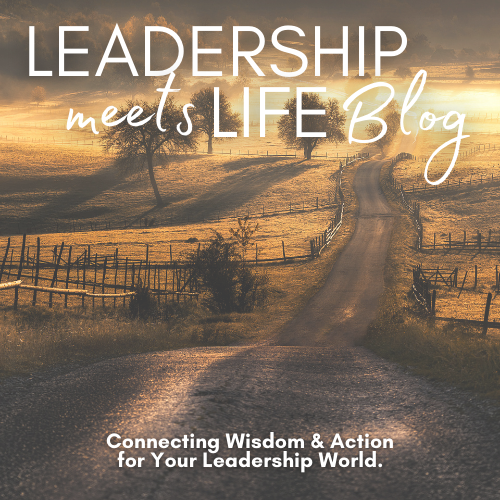
In today’s hectic, fast-paced world, where technology rules and distractions abound, how do busy professionals in demanding leadership positions become and stay great leaders, know how to slow down, be present and focus in order to make thoughtful decisions?
One answer is mindfulness – awareness and acceptance of our external experiences –the world around us, as well as our inner experience – our thoughts, emotions and other responses to our environment. This process of observing what’s happening around us, where our attention is going, and sensing our cognitive, emotional, spiritual and physical responses, leads to a greater intentionality in our actions and refocusing from unfavorable distractions.
Mindful leaders exhibit high levels of self-awareness and ability to assess whether their focus is aligned with their intentions, and ultimately direct their attention toward an intended object of focus – which can have a significant impact on their professional effectiveness. In short, mindful leaders are more present and aware of what is happening around them, and within them.
One key to effective leadership is the ability to increase our emotional intelligence (EQ) alongside our intellectual intelligence (IQ), and mindfulness practices can play a distinctively beneficial role in doing that. Emotional intelligence is essentially about self awareness and self management as well as social awareness and relationship management.
The world of business has been waking up to this, as more and more companies offer and promote mindful practices as an essential part of the professional development and a way to create more effective, successful and fulfilled leaders and teams. Openness to meditation and prayer as ways of developing mindfulness are increasingly encouraged.
Mindfulness is becoming an indispensable leadership and life skill, and we see evidence in companies that have incorporated mindfulness practices such as Google, Facebook and General Mills.
Author and educator Ellen Langer explains why mindfulness is effective: “There is always a step small enough from where we are to get us to where we want to be. If we take that small step, there’s always another we can take, and eventually a goal thought to be too far to reach becomes achievable.”
Among the many tangible benefits from mindfulness practice, I believe that of vital importance is heightened leadership resilience, especially in today’s challenging times, as well as enhanced integrity and transparency, authenticity, emotional intelligence, vulnerability, empathy and compassion, more balance in life, and improved well-being.
The importance that mindfulness plays in our professional effectiveness and overall wellbeing is paramount, something that I witness daily in my work of executive and leadership coaching, and supporting individuals in developing into values-centered leaders.
If you are interested in exploring the benefits of mindfulness and/or looking for a leadership coach, or executive coaching to support you with leadership and personal or professional growth, please contact me today.
/Philip%20C.%20Bergey%20Headshot%20(300x300).png)
September 14, 2017
.png?width=100&name=Phil%20Bergey%20Headshot%20(1).png)





Comments